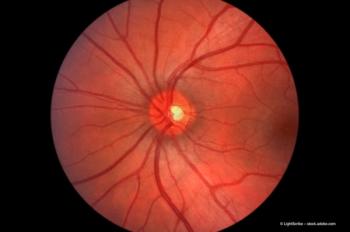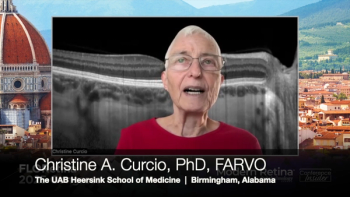
MIVS technique continues to evolve
Retinal surgeons refine technology, instrumentation to optimize safety and efficacy
Microincision vitrectomy surgery (MIVS) is changing the way that vitreoretinal specialists operate. As with any new technology, MIVS has a number of significant advantages, as well as a few new challenges.
Overall, patients come in on postoperative day 1 usually with minimal to no discomfort and they are not usually troubled by slowly dissolving Vicryl sutures rubbing under their eyelids for two weeks. Because the incisions into the conjunctiva are smaller, there is less bleeding, which results in a better cosmetic appearance (still not as good as after cataract surgery, but for a retina surgeon, it is pretty good).
From the surgeon's perspective, there are a number of advantages to MIVS. For most cases, MIVS is faster than standard 20 G vitrectomy. With the previous-generation MIVS systems, especially 25 G, vitrectomy removal took longer, but the time saved in opening and closing the eye made the overall surgical time for 'straight-forward' cases about the same or somewhat less than 20 G vitrectomy.
The new-generation MIVS systems offer 5,000 cuts-per-minute. The surgeon is able to remove the vitreous remarkably efficiently, and the vitrectomy time is better than with standard 20 G vitrectomy. For those accustomed to 20 G systems, a 20 G 5,000 cuts-per-minute probe is available, but given how efficient the MIVS systems are at this rate, 20 G vitrectomy does not distinguish itself.
Newsletter
Get the essential updates shaping the future of pharma manufacturing and compliance—subscribe today to Pharmaceutical Technology and never miss a breakthrough.




























